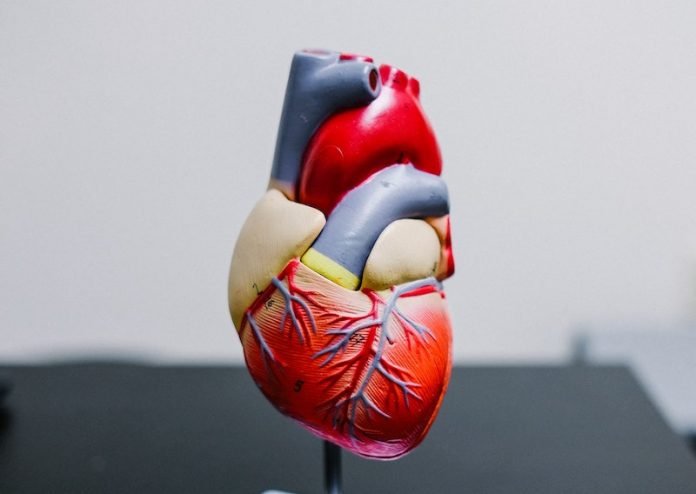
In a new study from the University of Göttingen, researchers found big changes in the heart muscle tissue of people who died from COVID-19.
They found clear changes at the level of the capillaries (the tiny blood vessels) in the heart muscle tissue when they examined the effects there of the severe form of COVID-19 disease.
Damage to lung tissue has been the research focus in this area for some time and has now been thoroughly investigated.
In the study, the team found in comparison with a healthy heart, X-ray imaging of tissues affected by the severe disease, revealed a network full of splits, branches, and loops which had been chaotically remodeled by the formation and splitting of new vessels.
These changes are the first direct visual evidence of one of the main drivers of lung damage in COVID-19: a special kind of “intussusceptive angiogenes” (meaning new vessel formation) in the tissue.
There is a very special feature of this study: in contrast to the vascular architecture, the required data quality could be achieved using a small X-ray source in the laboratory of the University of Göttingen.
In principle, this means it could also be done in any clinic to support pathologists with routine diagnostics.
The current study underpins the involvement of the heart in COVID-19 at the microscopic level for the first time by imaging and analyzing the affected tissue in the three dimensions.
In the future, the researchers want to further expand the approach of converting the characteristic tissue patterns into abstract mathematical values in order to develop automated tools for diagnostics.
If you care about heart health, please read studies about cheap drug combo that could reduce heart disease death by one-third, and findings that drinking this beverage too much may lead to heart failure.
For more information about health, please see recent studies about gout drug that could help treat COVID-19, and results showing that this weight loss surgery may lower heart disease risk.
The study is published in the journal eLife. One author of the study is Professor Tim Salditt.
Copyright © 2021 Knowridge Science Report. All rights reserved.



